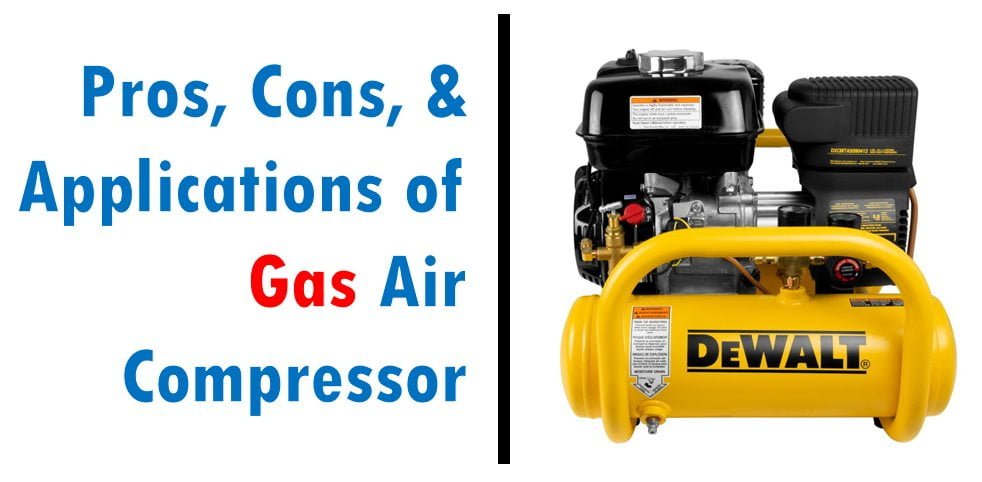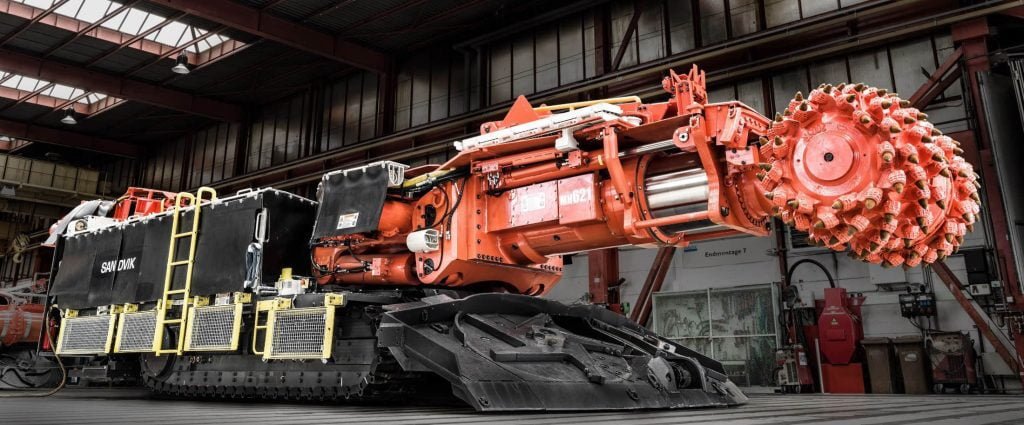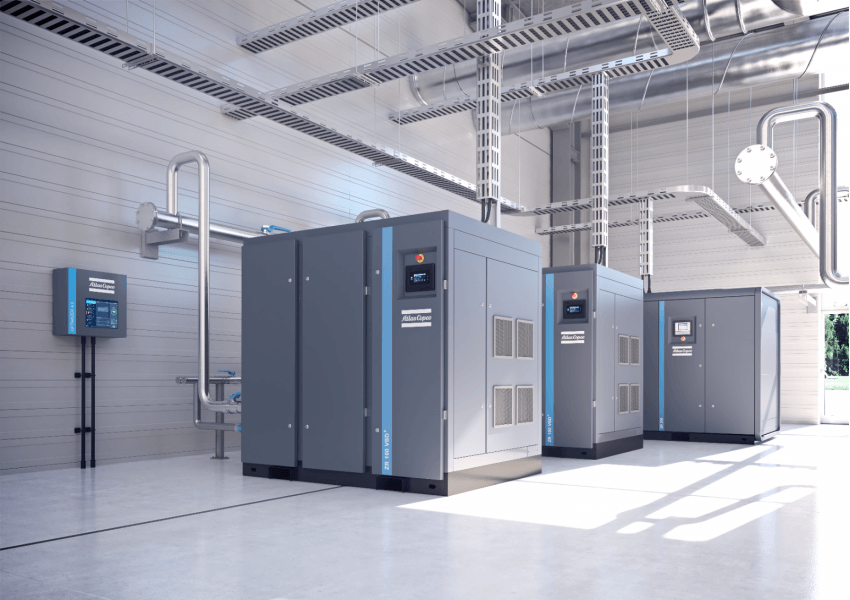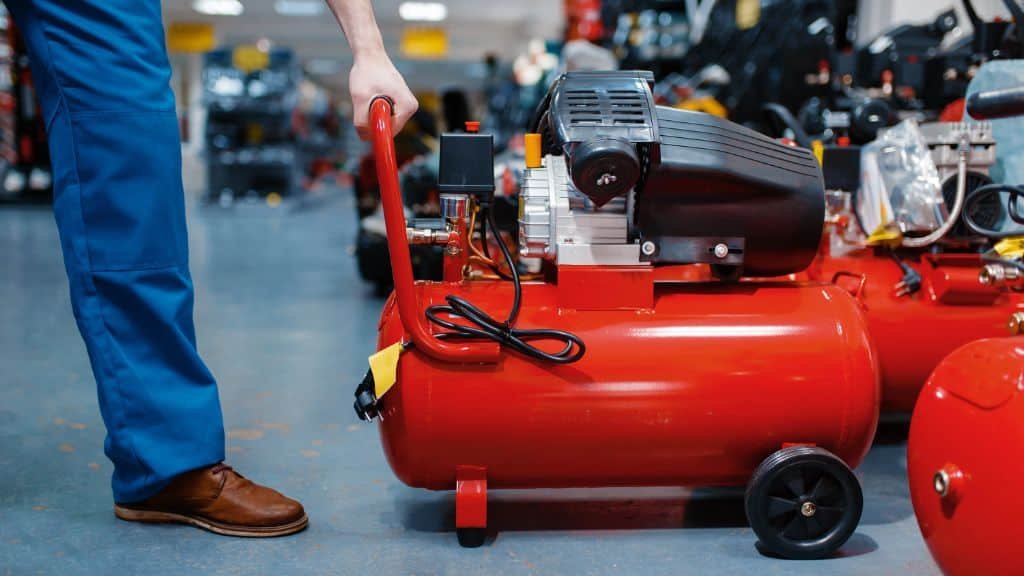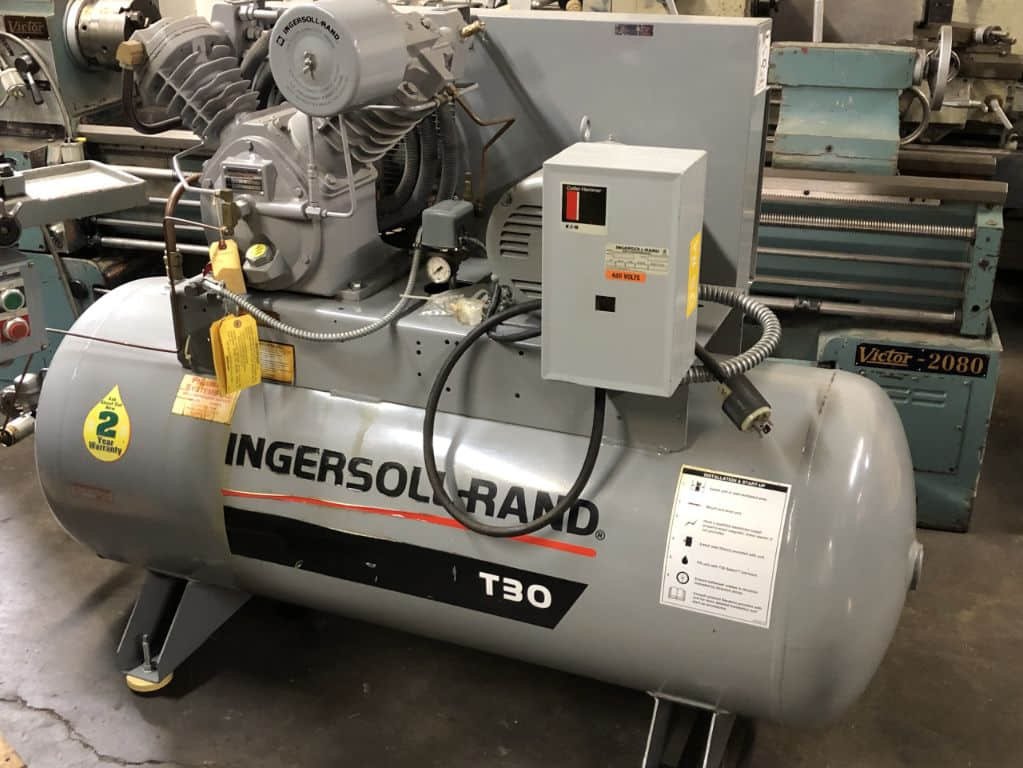If you’re in search of compressed air solutions for your personal or professional needs, you may be confused between air compressors and air tanks. While both serve the same purpose, they differ in many aspects, including their working, benefits, and drawbacks. To help you make an informed decision, we’ve compared air compressors and air tanks based on their pros and cons, and provided recommendations for specific needs.
What is an Air Compressor?
An air compressor is a power tool that compresses and stores air in a tank to power various pneumatic tools, machinery, and devices. It works by drawing air into its chamber, compressing it to a high-pressure level, and storing it in the attached tank for future use. Air compressors come in different types, sizes, pressure levels, and flow rates, depending on their intended usage, such as home DIY projects, industrial applications, automotive repair, or construction works.
Pros of Air Compressors
- High-pressure output: Air compressors can generate high-pressure air up to 200 PSI, making them ideal for heavy-duty tasks that require a lot of force, like sandblasting, painting, drilling, and wrenching.
- Versatility: Air compressors can power a wide range of pneumatic tools, such as nail guns, impact wrenches, air hammers, and spray guns, allowing you to tackle multiple tasks with one tool.
- Consistent performance: Air compressors can provide a consistent flow of air, ensuring smooth and continuous tool operation, unlike electric tools that may experience power fluctuations and interruptions.
Cons of Air Compressors
- Noisy: Air compressors can generate a loud noise while in operation, which may disturb the surrounding environment and require noise-cancelling measures.
- Large size: Air compressors require a dedicated space for storage due to their bulky size and weight, which may limit their portability and ease of use, especially for DIY users.
- Maintenance: Air compressors require periodic maintenance, such as oil changes, air filter replacement, and tank drainage, to ensure their optimal performance and longevity.
What is an Air Tank?
An air tank, also known as a compressed air cylinder or reservoir, is a container that stores compressed air under high pressure, usually between 100-200 PSI. Air tanks are mainly used for high-volume, low-pressure applications that don’t require continuous air supply, such as inflating tires, operating air tools for short durations, and powering pneumatic cylinders.
Pros of Air Tanks
- Portable: Air tanks are highly portable and compact, due to their lightweight and small size, making them ideal for on-the-go applications and emergency situations.
- Maintenance-free: Air tanks require minimal maintenance, such as valve cleaning and pressure checking, compared to air compressors which require more frequent and complex maintenance procedures.
- Cost-effective: Air tanks are relatively cheaper than air compressors, especially for occasional users who don’t require high-pressure air or continuous supply.
Cons of Air Tanks
- Low-pressure output: Air tanks can store limited amounts of compressed air, which may not be sufficient for high-pressure applications or prolonged use, requiring frequent refills.
- Limited versatility: Air tanks can only power low-volume, low-pressure tools and applications, such as inflation needles, spray guns, and pneumatic cylinders, without the ability to generate high-pressure air or operate heavy-duty tools.
- Inconsistent performance: Air tanks may experience air pressure fluctuations or drops, especially when nearing empty, leading to interrupted tool operation or frequent refills.
Which One is Right for You?
Deciding which one to choose between air compressors and air tanks depends on your specific needs, budget, and usage frequency. While air compressors offer high-pressure air, versatility, and consistent performance, they may require more maintenance, storage space, and investment. On the other hand, air tanks are portable, cost-effective, and low-maintenance, but may not generate high-pressure air or operate heavy-duty tools.
Therefore, if you’re an industrial user or a professional DIYer who needs high-pressure air for heavy-duty tasks, an air compressor can be your best bet, while a portable air tank can suffice for occasional users who need low-pressure air for on-the-go purposes.
In conclusion, understanding the differences, benefits, and drawbacks of air compressors and air tanks can help you make an informed decision and choose the right one for your compressed air needs.
